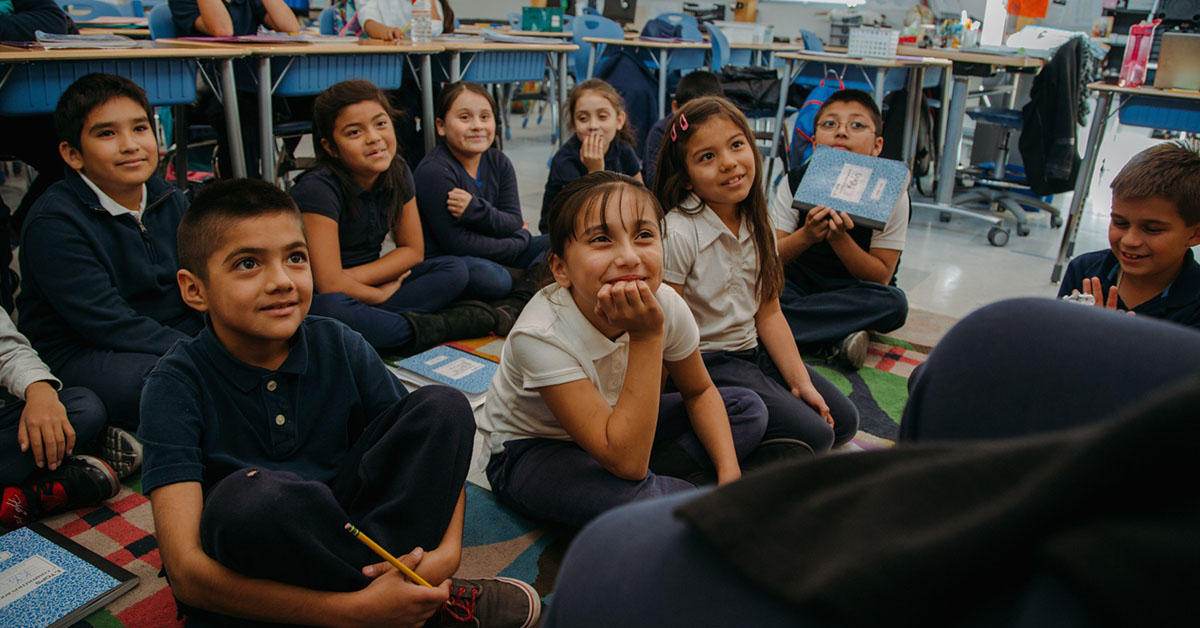A biotech pioneer takes on some of humankind’s most intractable challenges
Less than 50 years ago, Genentech was a spunky biotech start-up housed in a small building in South San Francisco with fewer than 100 employees. “I remember visiting the wind chime near the Genentech campus and riding bikes with my cousin around the point—you’d bump into a lot of buildings today!” says Ed Cox, head of Partnering Quality for Pharma Technical Operations.
Today Genentech has a workforce of 14,000 spread out over four Bay Area offices and is universally recognized as the world’s first biotechnology company. From Carpenter Group’s perspective, it may also be the most socially responsible—a force for good that has built its brand on the strength of its philanthropic and ethical practices as much as its products. This is a company that regularly ranks high on “best companies to work for” lists—e.g. “100 Best Companies for Working Mothers,” “Most Admired Pharma Company,” “America’s Best Employers for Diversity,” “100 Best Places to Work in IT.” You get the idea.
But it’s in the fields of STEM (Science/Technology/Engineering/Math) education and pediatric health that Genentech has made its greatest impact as a corporate citizen. The former is exemplified by the company’s Kindergarten to Careers initiative, comprising a wide array of educational programs focused on removing barriers to educational opportunities in STEM fields for students of color.
Futurelab, for example, supports 9,000 students and their teachers with mentoring for elementary-grade kids through Gene Academy, an annual Helix Cup science competition for middle-schoolers, a four-year high school biotech teaching lab called Science Garage, and college STEM scholarships. Through Futurelab, Genentech has invested more than $32 million in science education in the South San Francisco Unified School District since 2015, including 65,000+ employee volunteer hours.
High school junior Joncarlo connected with Futurelab through the Helix Cup competition as an eighth-grader. His team’s project — creating a time-release pill — took the top prize. From the Helix Cup, he went on to Science Garage, the Futurelab program offering advanced biotechnology instruction to high learning lab skills and examining the science behind COVID-19 vaccines.
Joncarlo’s father immigrated from Guatemala and his maternal grandparents relocated from Puerto Rico and Mexico — and neither set of grandparents had the opportunity to finish elementary school. “They always stressed to me the value of education,” he says. “The more kids that come to programs like Science Garage, the higher chance that one of us will end up discovering a life-saving drug or finding a cure for cancer.”
In recent years, Genentech’s own research has given rise to its Resilient Beginnings Collaborative, aimed at addressing the causes and prevention of childhood adversity.
“We found that kids who suffer significant trauma, such as neglect, abuse, or the stresses associated with poverty, are at a higher risk of developing serious diseases when they’re older,” the company says. That’s because the over-activation of the stress response—the “fight or flight” effect—becomes toxic over time, damaging developing bodies and brains. “Emerging evidence suggests that this trajectory can be altered—that prevention, early detection and intervention can address the harmful effects of childhood trauma,” says the company. “But we still don’t know the best ways to intervene—and how to get those solutions to children and families in effective, scalable ways.”
In collaboration with the Center for Care Innovations, Genetech has identified and funded seven Bay Area pediatric clinics that serve mainly low-income patients in economically distressed neighborhoods. “Our focus on these ‘safety net’ pediatric providers is grounded in a simple belief—that programs designed to benefit vulnerable groups often benefit all of society,” says the company. “Working with these clinics, which face the most difficult challenges in dealing with childhood trauma, we have the opportunity to learn how to best impact the health of our next generation of children.” And, we might add, the well-being of generations to come.




